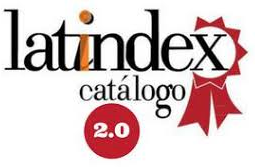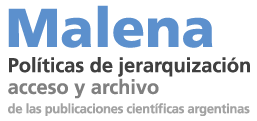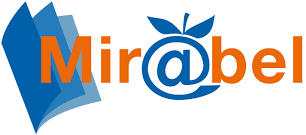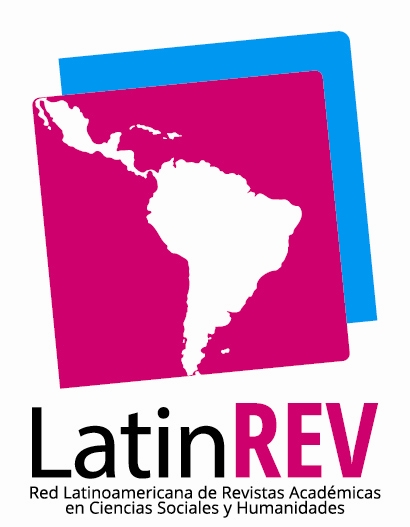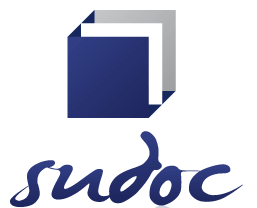Digital school in San Luis
Keywords:
educational policies, public, TIC'S, UNESCO, neoliberalismAbstract
The present work is comprised of three parts; in the first instance we analyze the foundations of the Government Bill Digital Public School of San Luis province, based on a book of the UNESCO on TIC's, in which the author, his collaborators and coordinatorbuild a univocal and unique vision at the end of each title and subtitle from an "extensive", "diverse", "multiperspective", "democratic",even "critical" standpoint,that convinces that the TIC are not only indispensable but they will also savethe world of the excesses of capitalism. Secondly, we analyze the articles whose content specifies the creation of a new educational system called Digital Public School, parallel to the formal one, whichgives the Executive Power the authority to regulatepedagogical projects, syllabuses and methodologies. The use of words proper of neoliberal educational policiesis recurrent in the project, suchas "excellence", "quality", "personalization" among others; therefore laying emphasis on the learning and on the utilization of the TIC' s as a cross-curricular tool to access the contents included in different educational software; thusproposing the teacher as a learning facilitator. Finally, we put forward deep questions that encourage a revision of the subject matter, and a thesis that asserts that the TIC's are the current instrument to support capitalism and its power relations.
Downloads
References
Ball, S. y Youdel, D. (2007) “Informe Preliminar Presentado en la Internacional de la Educación, V Congreso Mundial: Privatización Encubierta”. En La Educación Pública. Instituto de Educación, Universidad de Londres. Inglaterra.
Pelayes, O. (2001) “Políticas Públicas En La Provincia De San Luis (Argentina): La autonomía escolar como ropaje de la privatización y recentralización educativa”. Mimeo. Conferencia presentada en el Seminario Internacional de Políticas de Privatizacao da Educacao na América Latina. Universidade do Estado do Río de Janeiro.
Piscitelli, A. (2007) Prólogo De “La Inflación Lingüística Llamada Web 2.0”.
García Hoz, V. (1988) “Educación Personalizada” Ediciones Rialp S.A. España.
Semenov, A. (2005) “Las tecnologías de la información y la comunicación en la enseñanza. Manual para docentes o cómo crear nuevos entornos de aprendizaje abierto por medio de las TIC”. UNESCO -Coordinadora: Mariana Patru; División de Educación Superior.
Stolowicz, B. (2007) “Los Desafíos Del Pensamiento Crítico”. En El Marco Del 40º Aniversario De CLACSO, Bogotá.
Downloads
Published
Issue
Section
ARK
License
Copyright (c) 2011 Ana María Herrera, Martín Aragón

This work is licensed under a Creative Commons Attribution 4.0 International License.


